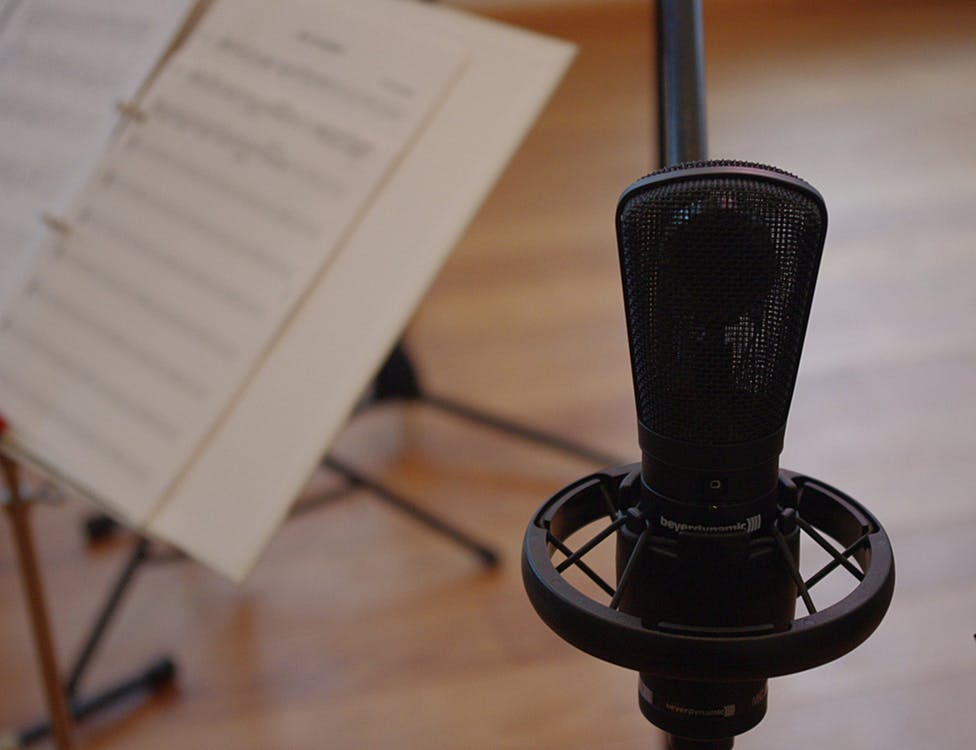
Writing and recording music when you don’t exactly feel enthusiastic about your singing ability can certainly be a struggle.
After all, so much of songwriting is rooted in the art of crafting lyrics and letting the world hear what you have to say. For those of us without the singing chops, however, it makes more sense to take an entirely different approach to vocals and our music itself. When you look at some of the best instrumental albums out there, it’s clear that you don’t necessarily need vocals regardless of your genre.
Despite popular belief, just because you can’t sing well doesn’t mean that you should give up on your musical aspirations. Whether you’ve accepted that you’re just not the “singing” type or are considering a more instrumental-driven musical project, keep the following five tips in the back of your mind.
Play with Your Effects
Perhaps one of the biggest problems that musicians have when it comes to their vocals is hearing them played back and realizing how flat they sound. Bear in mind that any professionally recorded vocals go through effects, equalization, and processing that is a far cry from the original track. This is where incorporating tools like Unison Plugins can significantly enhance your recordings, allowing you to experiment with different effects and processing techniques to refine your sound.
We’re not talking about auto-tune, either. Adding bits of echo or layering vocal tracks can make all the difference in addition to proper mastering. Although it may not help with your live performance, there is plenty you can do to edit your vocal tracks to sound more pleasant and effectively “hide’ some of your vocal weaknesses.
Take Advantage of Samples
If you’re working with electronic music, consider how sampling is the bread and butter of artists who let others do the talking for them. Given the variety of free vocal samples out there for download, you can add some vocal flavor to your tracks without getting in front of the mic yourself.
Snag a Guest Vocalist
On a similar note, you can always collaborate with someone else who can sing if instrumentation is more your speed. Whether you’re dealing with a local artist or someone who wants to submit their vocals digitally, it’s arguably easier than ever to find another musician to work with. Even if you can’t get a guest vocalist on all of your tracks, having a variety of voices on your tracks can definitely diversify your albums.
Focus on Loops and Repetition
Given the popularity of hip hop and digital music in general, focusing on repetition, beat-making and instrumental hooks is incredibly valuable in and of itself. Rather than obsess over singing and lyrics, learning how to loop tracks could very well be your ticket to a whole new sound, genre and outlook on songwriting in general.
Sing Anyway
Okay, this tip might seem a bit backward but listen: there are tons of examples of singers, songwriters and composers who laid down vocal tracks despite having a seemingly “poor” or unconventional voice. Bob Dylan and Biz Markie to Lil Wayne and beyond, sometimes your lyrics and instrumentation can outshine your vocal performance. In some ways, your imperfections can help define who you are as an artist.
Saying “I can’t sing” doesn’t have to be a reason for letting your musical aspirations fall to the wayside. Instead, consider how to tweak your approach to songwriting so that not everything is centered around your vocals.